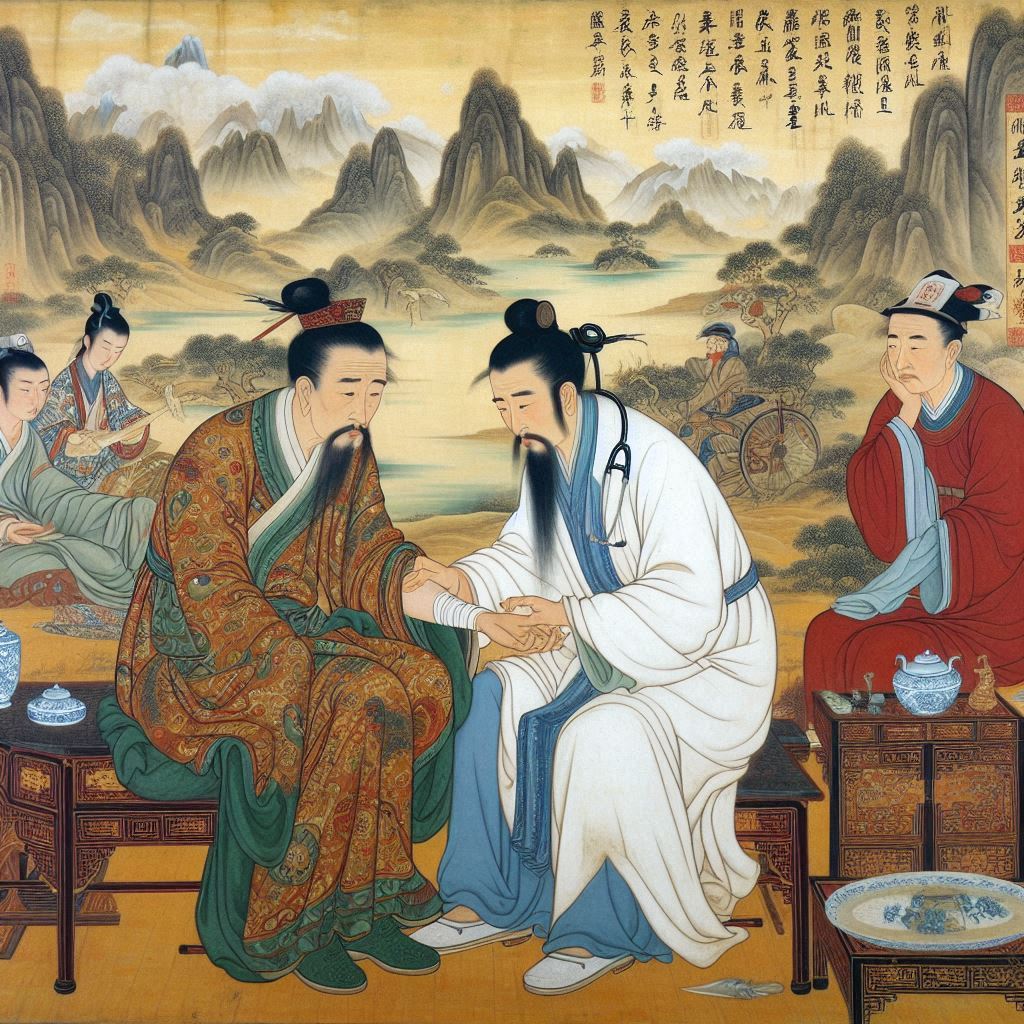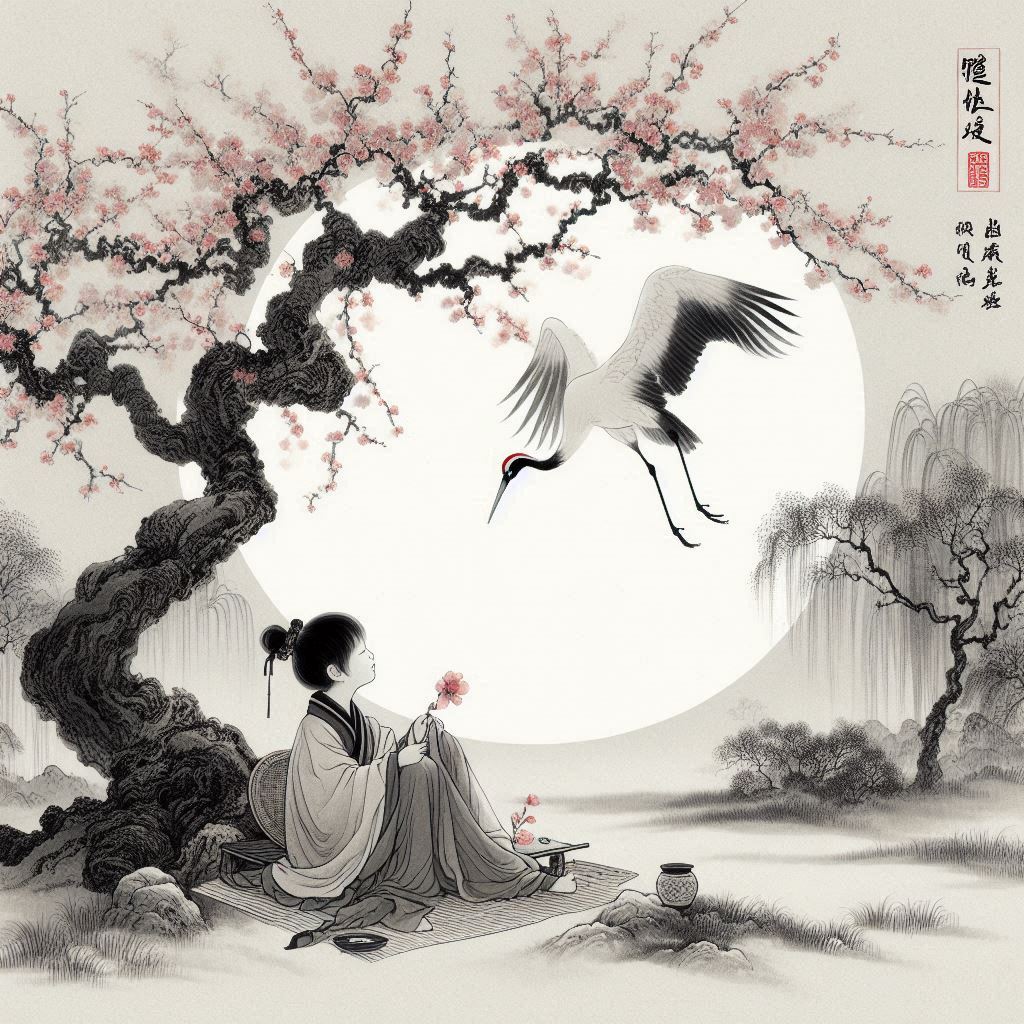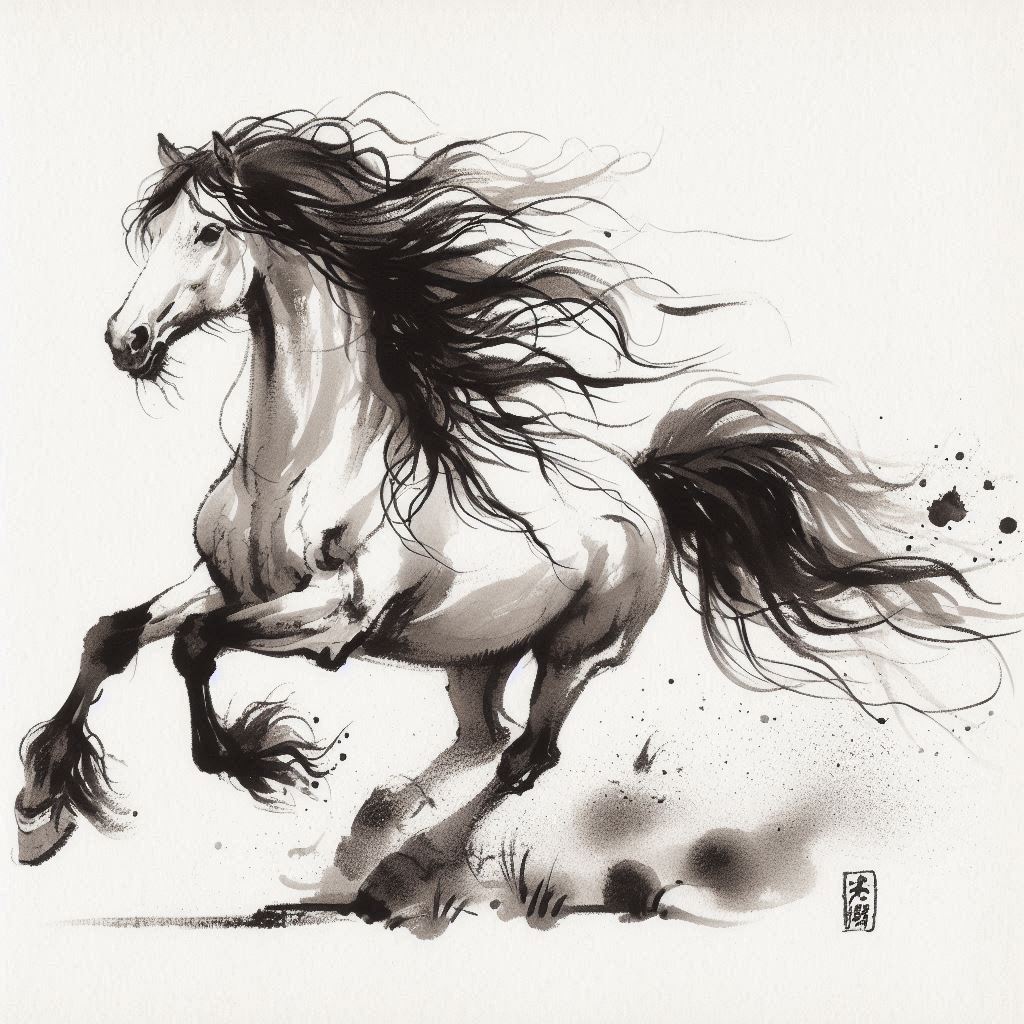In traditional Chinese medicine all herbs, foods and spices have their own unique temperature. They are either cold, cool, neutral, warm or hot. Cold and cool herbs are used to cool “hot diseases”, warm or hot herbs are used to warm “cold diseases”.
Besides an unique temperature all herbs, foods, and spices have their own unique taste, which contributes to their specific effect on our body. The six types of tastes in TCM are sweet, sour, salty, bitter, acrid, and bland.
Sweet substances tonify and moisten, and in small amounts benefit the digestion. The sweet taste enters the Spleen (in traditional Chinese medicine the concept of the Spleen differs from the understanding of the spleen in Western medicine. In TCM main function of the Spleen is the transformation of food into "food essence". The symptoms of an imbalanced Spleen point to imbalance in the digestion. So in order to avoid confusion whenever we refer to the Spleen in this project we will consider the collective work of some organs and systems that participate in the transformation and transportation of nutrients and fluids, rather than solely focus on the organ spleen as defined in Western science).
The Spleen has the difficult and very complicated task to transform the food that we eat and the fluids that we drink into nutrients, blood and energy, and transport them to the remaining organs and body tissues for nourishment. This requires a lot of energy on its own to take place. Therefore the Spleen likes tastes and temperatures that provide energy, such as sweet taste and warm temperature. Thus most sweet herbs (and a lot of warm herbs) enter the Spleen/Stomach partnership and tonify/regulate them. Too many sweet substances, though, may become too heavy on the digestion and slow it down instead of tonify it. As a result the Spleen’s function to transport fluids is compromised and “internal dampness” may develop. If consumed excessively the sweet taste will become damping. (To learn more about the Spleen and "internal dampness" visit our Physiology chapter)
Sour substances are astringent and constricting. Observe what happens to you when you eat a piece of lemon – your face contracts. Thus sour herbs have the quality to astringent leakage of blood, body fluids, and energy.
Sour substances also enter the Liver/Gallbladder partnership and have a cleansing effect on the Liver. Craving sour substances may mean that the Liver is overloaded and needs to be cleansed. On the other hand too much sour flavor in our food will have a reverse effect on the Liver and impair Liver’s function.
Salty substances purge and soften hardness. Salty substances also enter the Kidney and are essential for regulating the blood pressure.
Our Kidneys use osmosis to draw extra water out of the blood. In this process sodium and potassium work in balance to pull this extra water across the wall of the cells from the bloodstream into a collecting channel that leads to the Urinary Bladder. Eating salt raises the amount of sodium in the bloodstream, which retains the water, instead of pulling it out, resulting in higher blood pressure. For people with low blood pressure (and Kidney deficiency symptoms) small amounts of lightly salted substances may be beneficial and nurturing. Larger amounts of salt will result in high blood pressure due to the extra fluid and extra strain on the blood vessels. Over time, this extra strain can damage the Kidneys and lead to Kidney disease.
Bitter substances drain and dry, thus are diuretic. A disharmony in TCM known as “internal dampness” is addressed with the draining quality of the bitter herbs (which force out the dampness through promoting urination).
Bitter is also the taste that benefits the Heart. As Chinese believe that the Heart houses the mind bitter substances have a generally calming effect. Most calming herbs, such as Valerian root, catnip, chamomile, etc. have bitter flavor.
Acrid substances disperse and move. Often when we eat something pungent and spicy we may start sweating, and our eyes may get teary. This indicates the intense movement of energy throughout our body, provoked by the acrid foods.
Acrid substances enter the Lung and in Chinese medicine are largely used to treat Lung disharmonies brought by “wind attack”, as well as phlegm in the Lung. In the case of “wind attack” the acrid substances, which are diaphoretic, dispel the wind from the body surface by promoting sweat. In the case of phlegm in the Lung the acrid taste disperses the congested phlegm and unclogs the Lung (visit the Physiology chapter to learn more about the above conditions).
YS
Dan Benski, Andrew Gamble (1993). Materia Medica (Revised Edition). Seattle: Eastland Press, Incorporated
Zhang, Enqin (1990). Basic Theory of Traditional Chinese Medicine. Shanghai: Publishing House of Shanghai College of Traditional Chinese Medicine
Pitchford, Paul (2002). Healing with Whole Foods. Berkeley: North Atlantic Books
Lu, Henry (2005). Chinese Natural Cures. New York: Black Dog & Leventhal Publishers, Inc.
Related Articles:
The Temperature of Herbs, Foods and Spices
The Concept of Qi in Chinese Medicine
Yin and Yang in Chinese Medicine
Five Elements in Chinese Medicine
The Seasons and the Five Elements
The Six Climatic Factors and the Five Elements
The Seven Emotions - Internal Cause of Disease
Emotions and Traditional Chinese Medicine
Please read our Disclaimer









